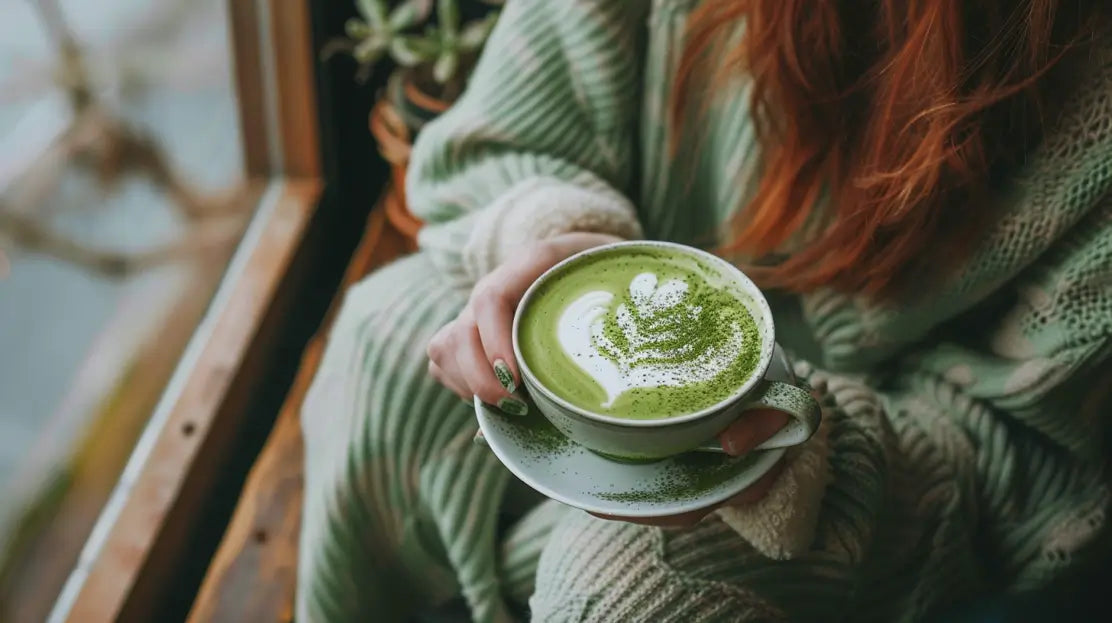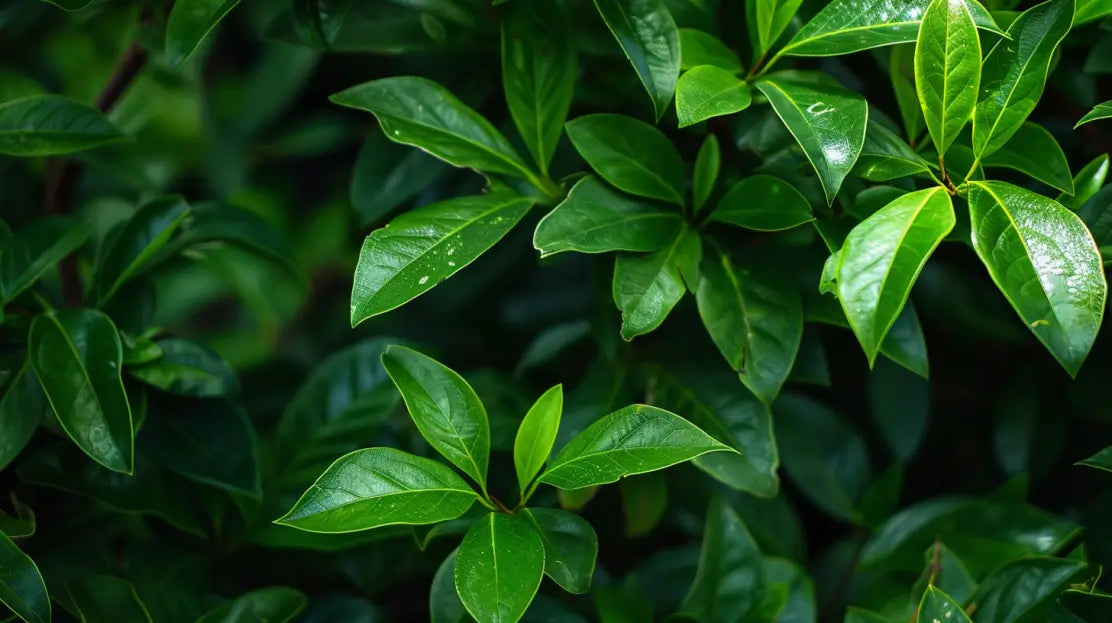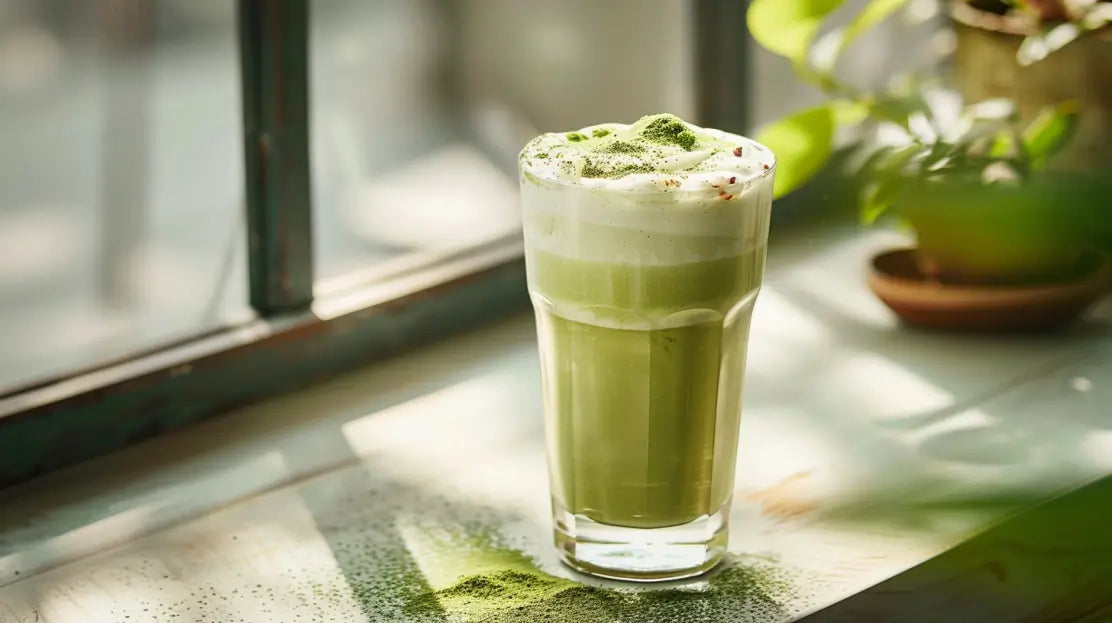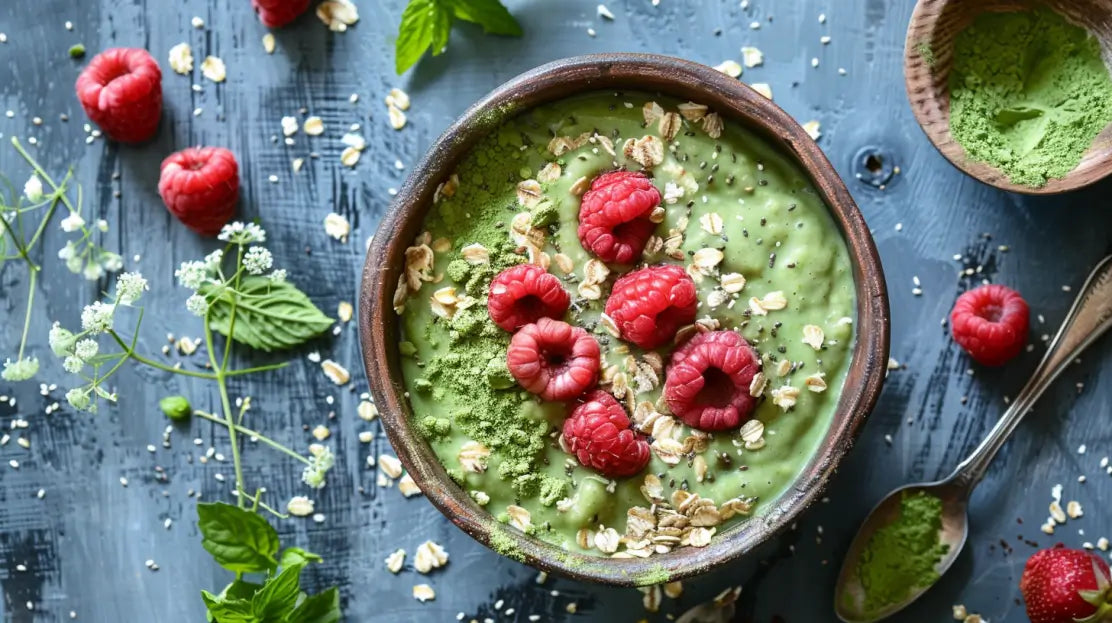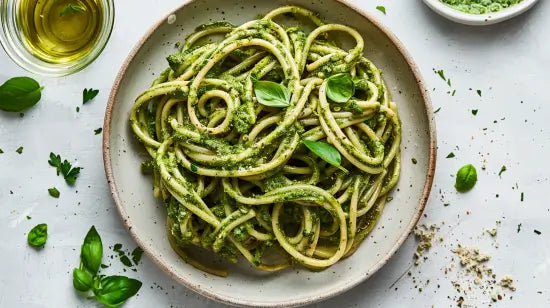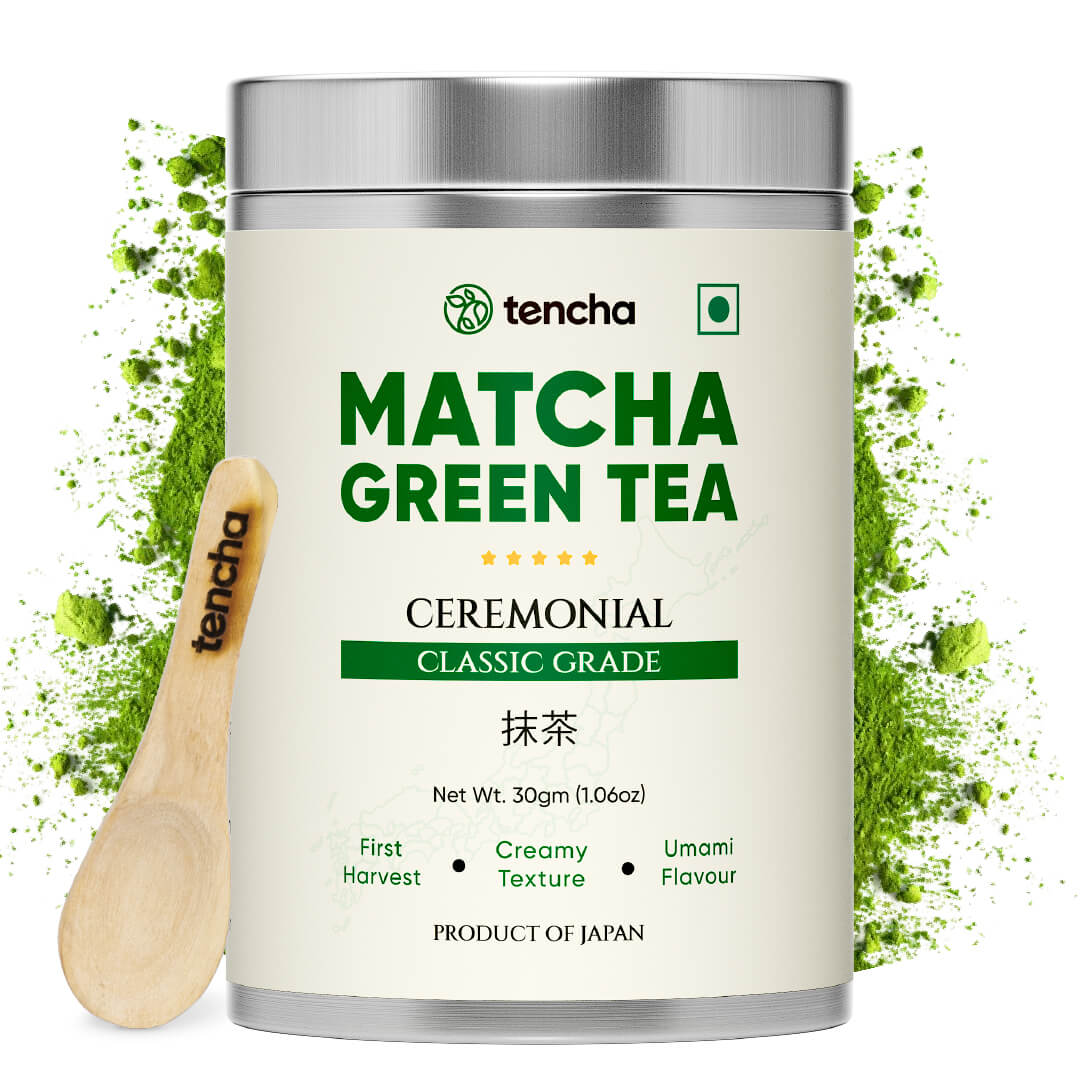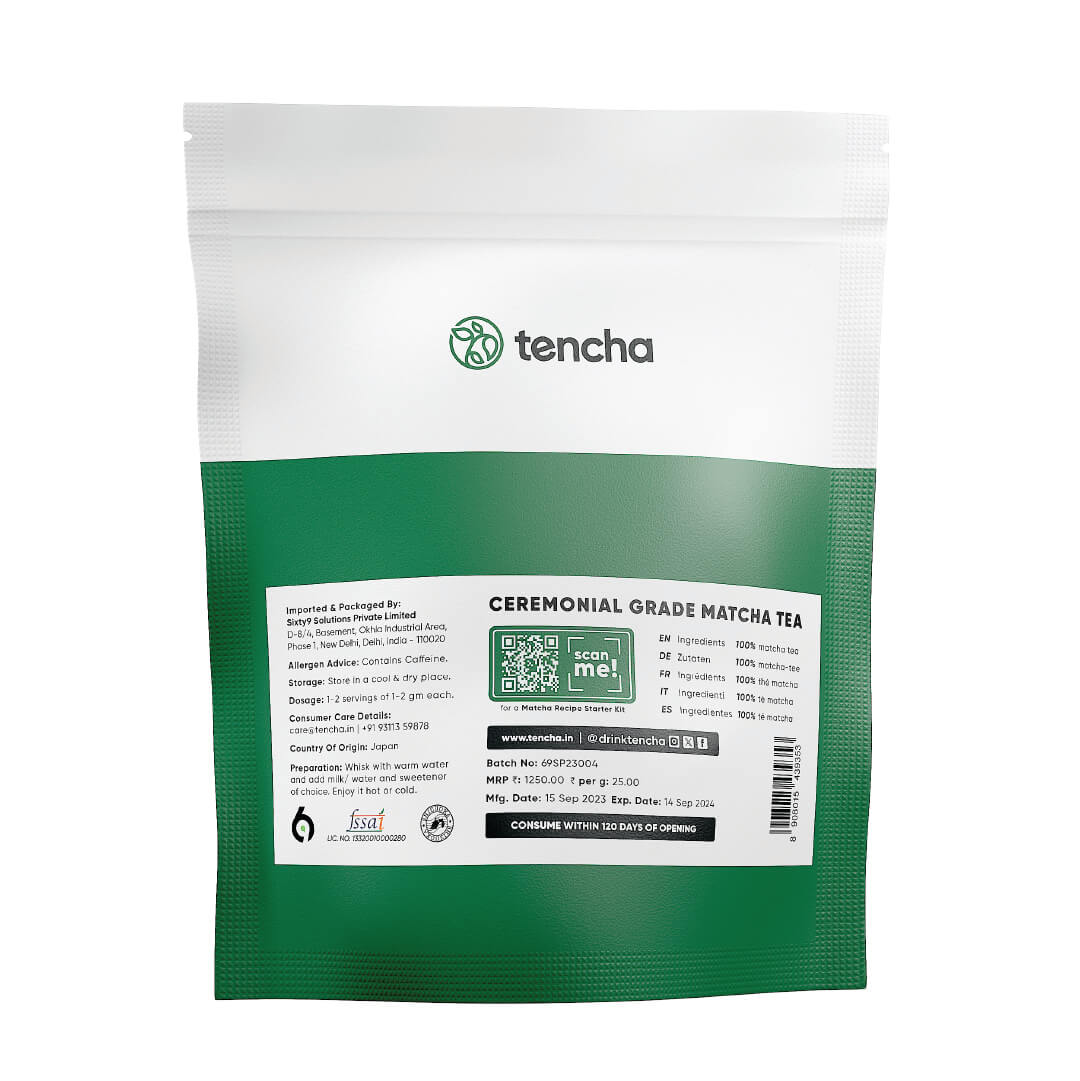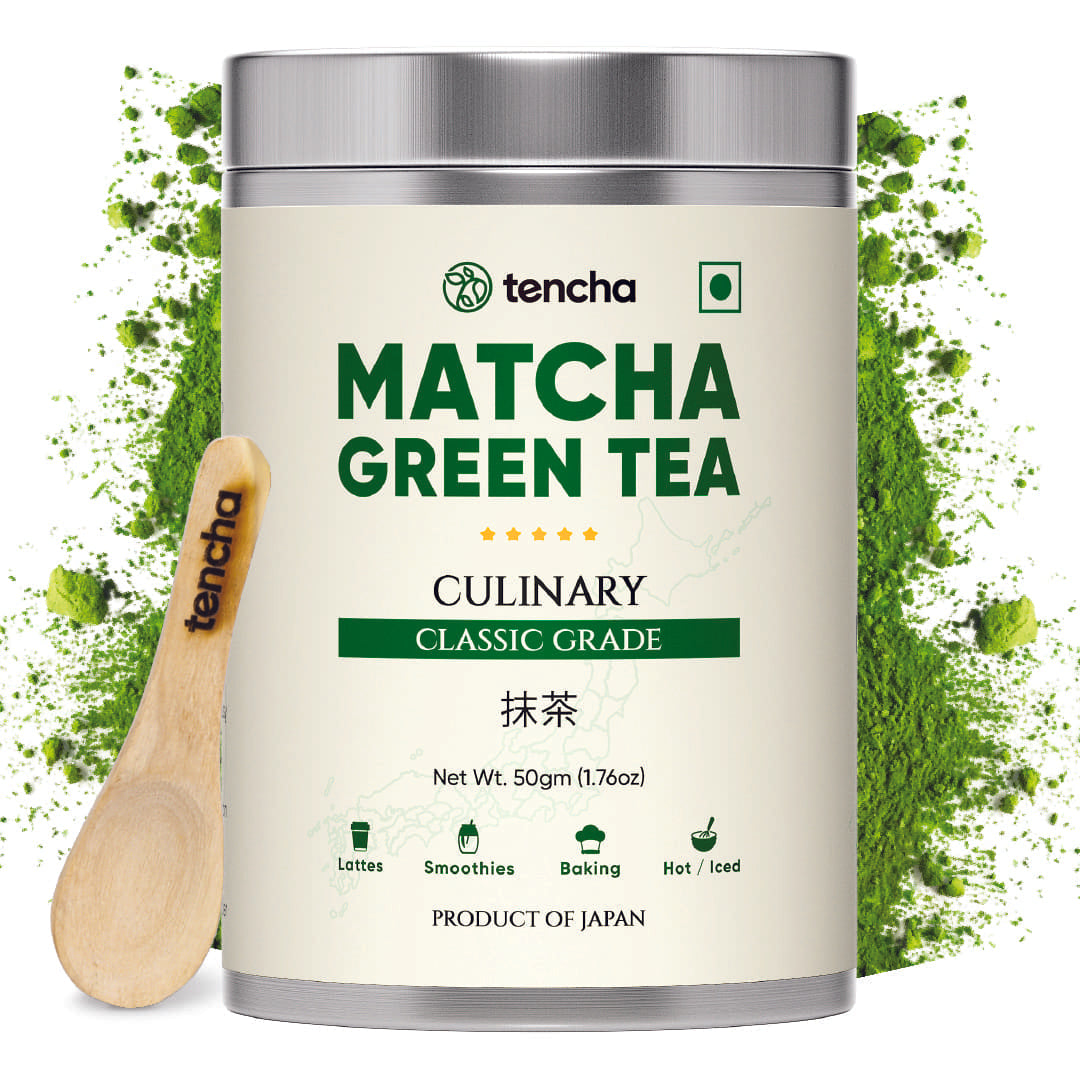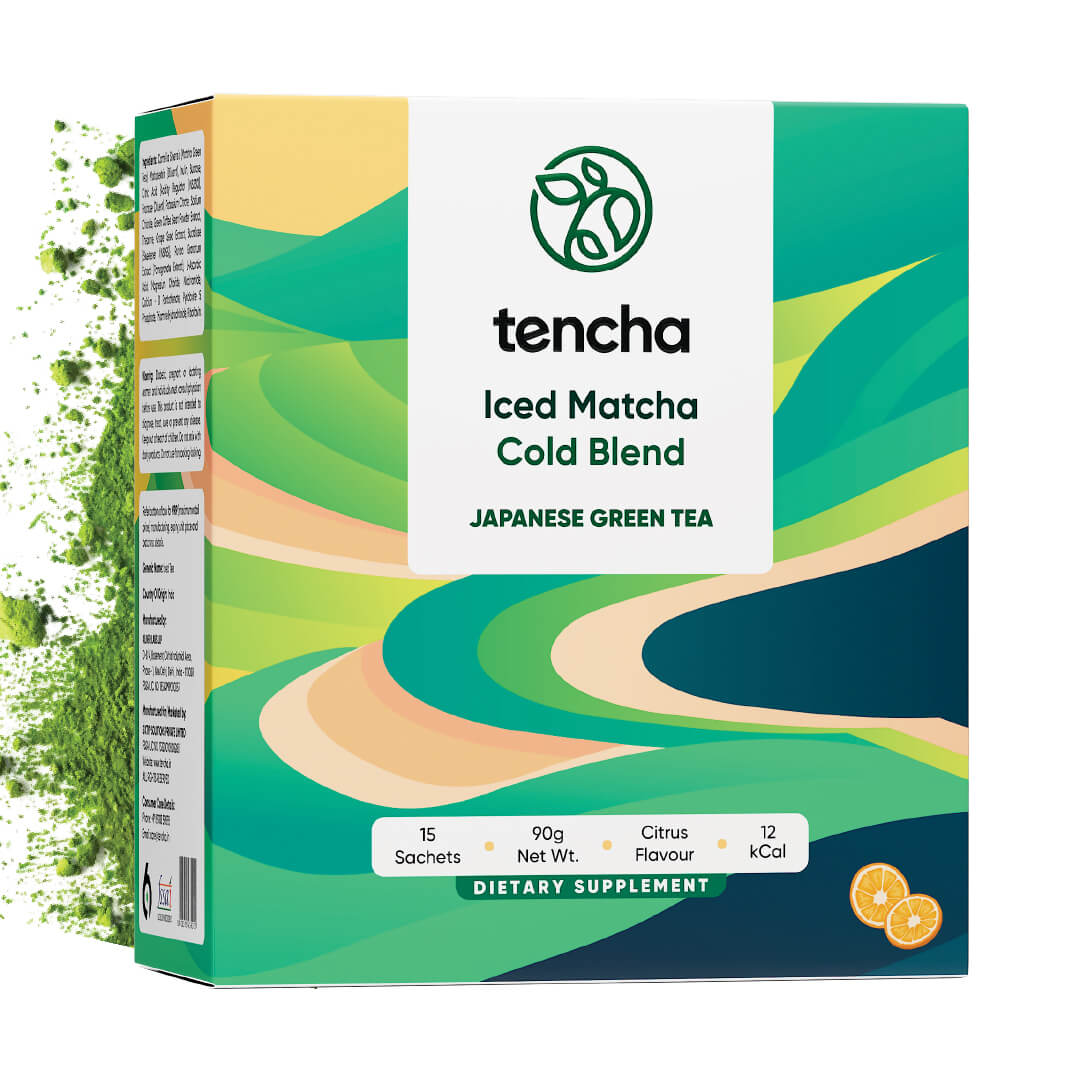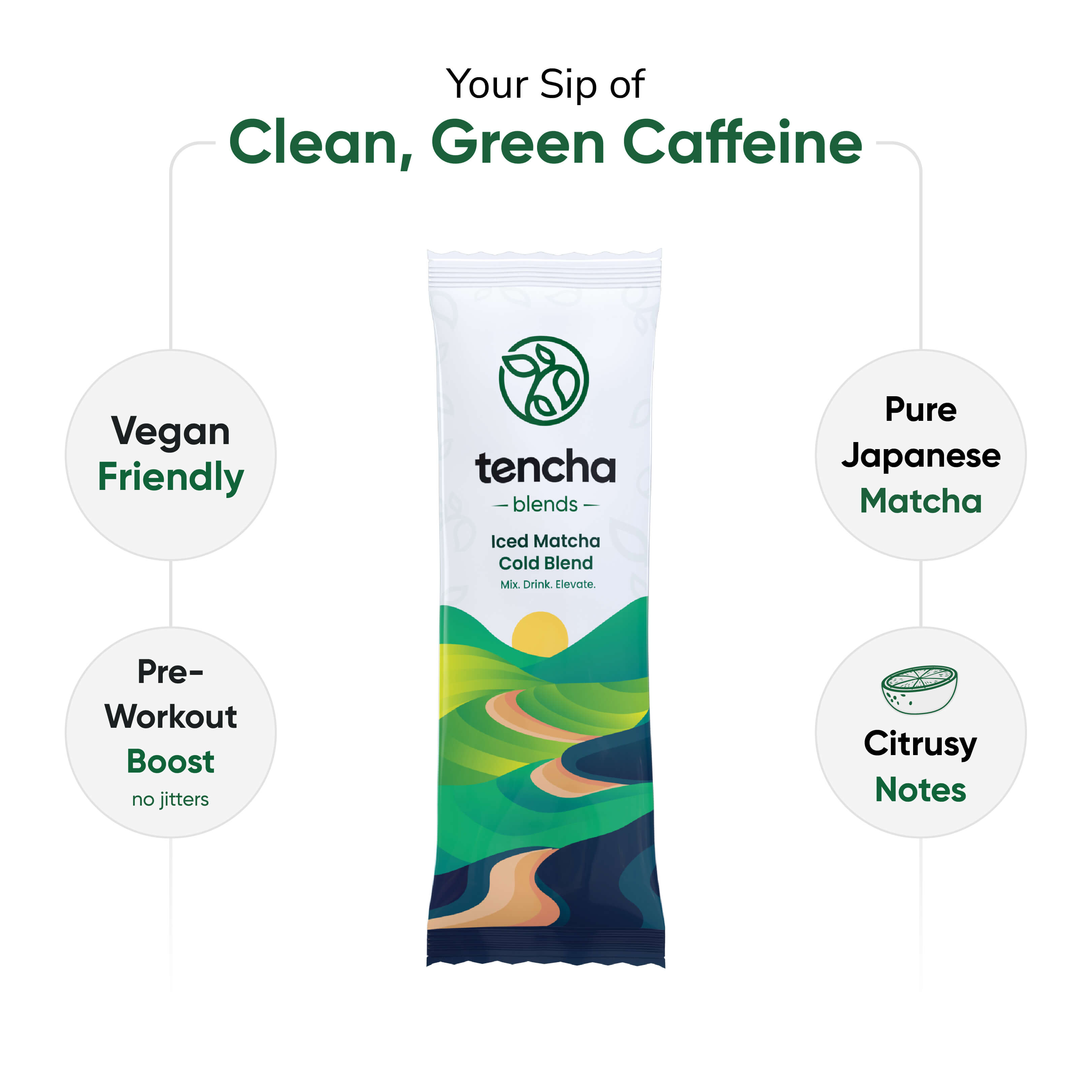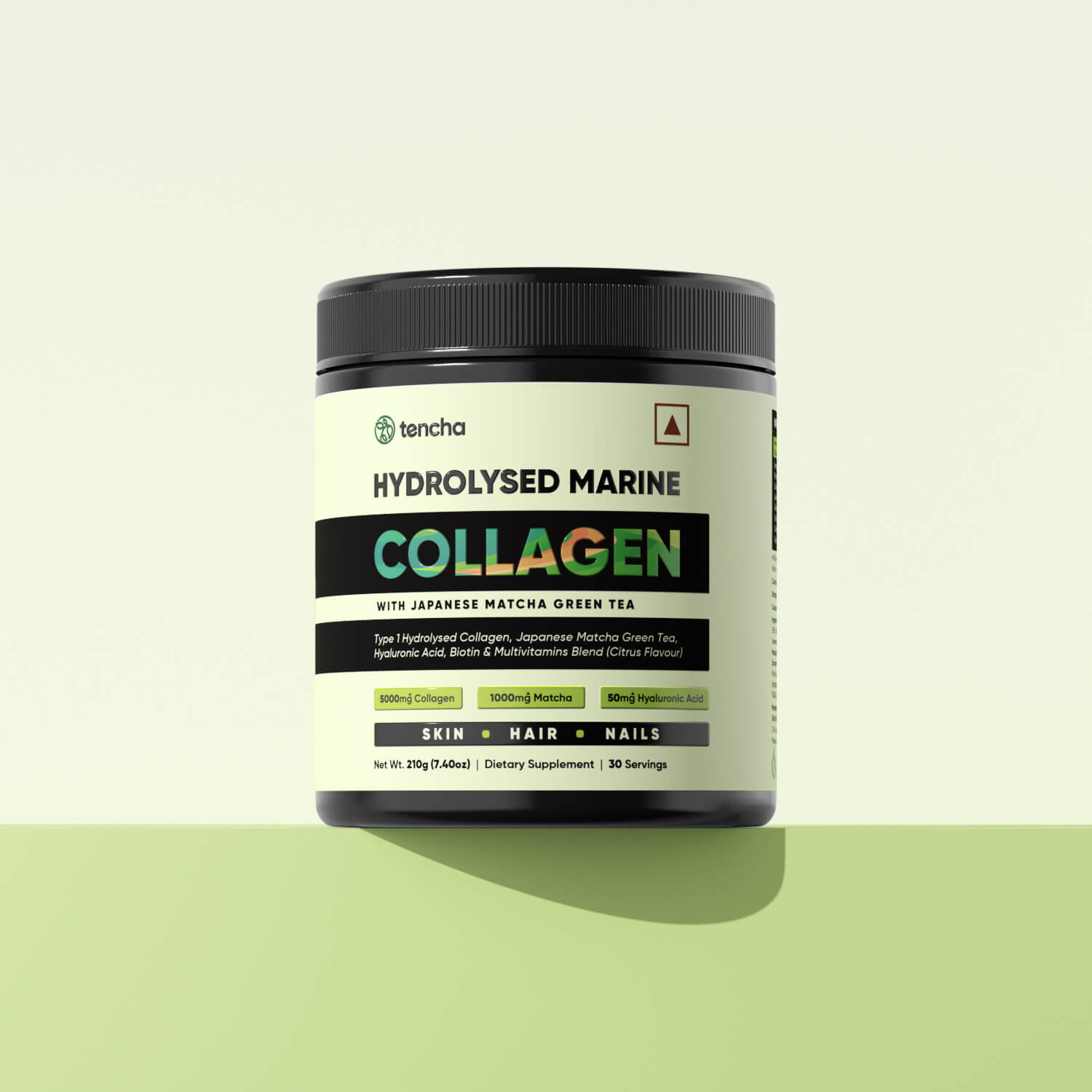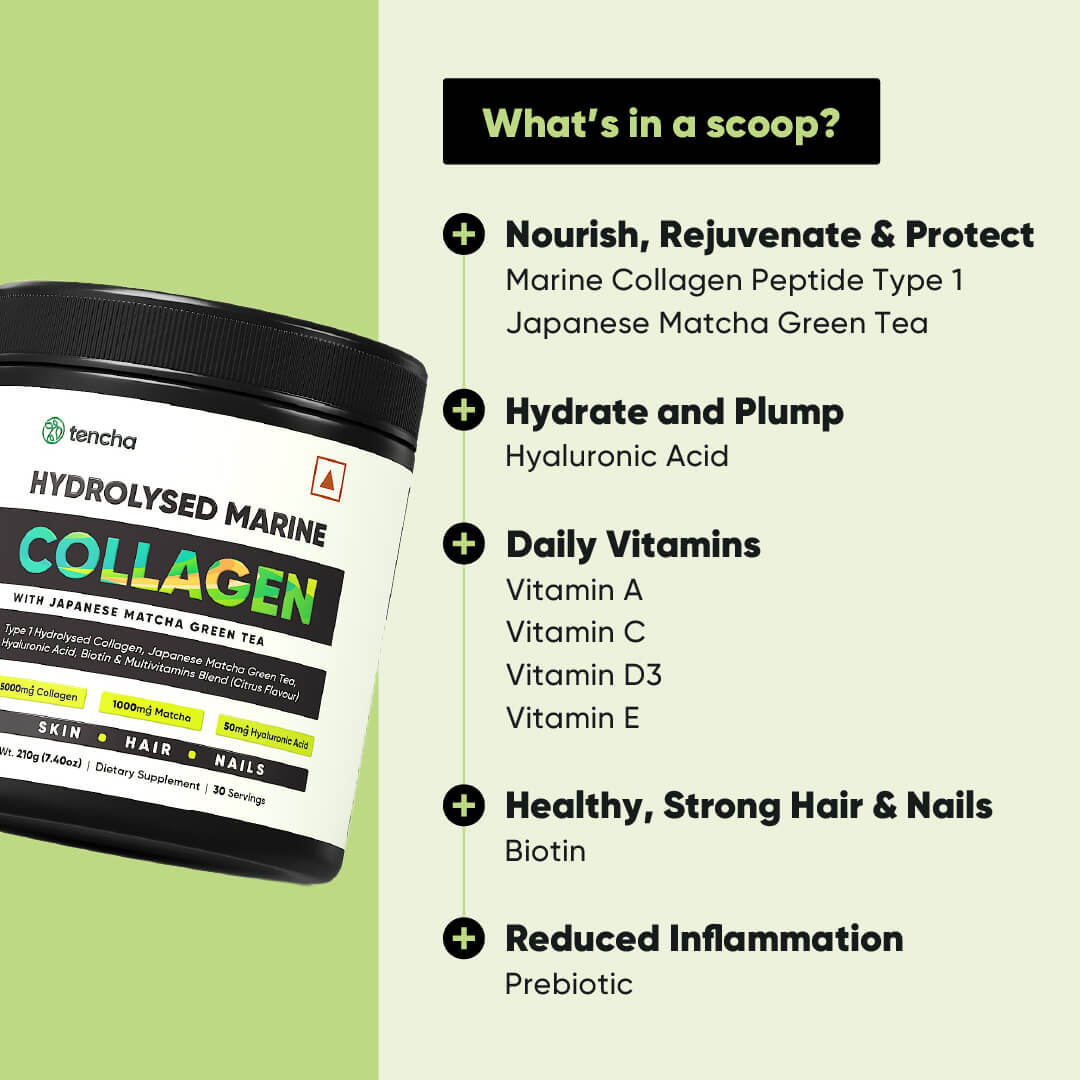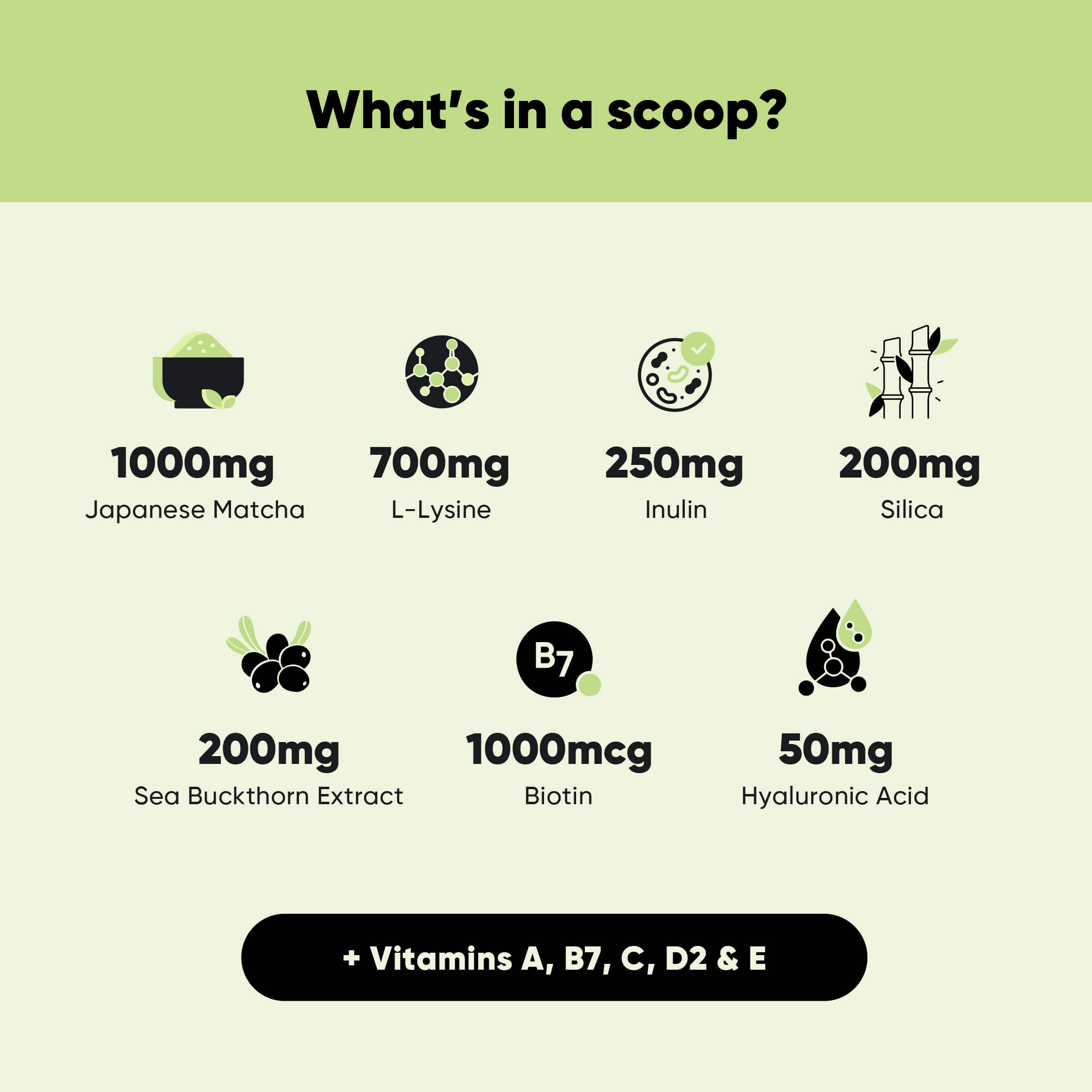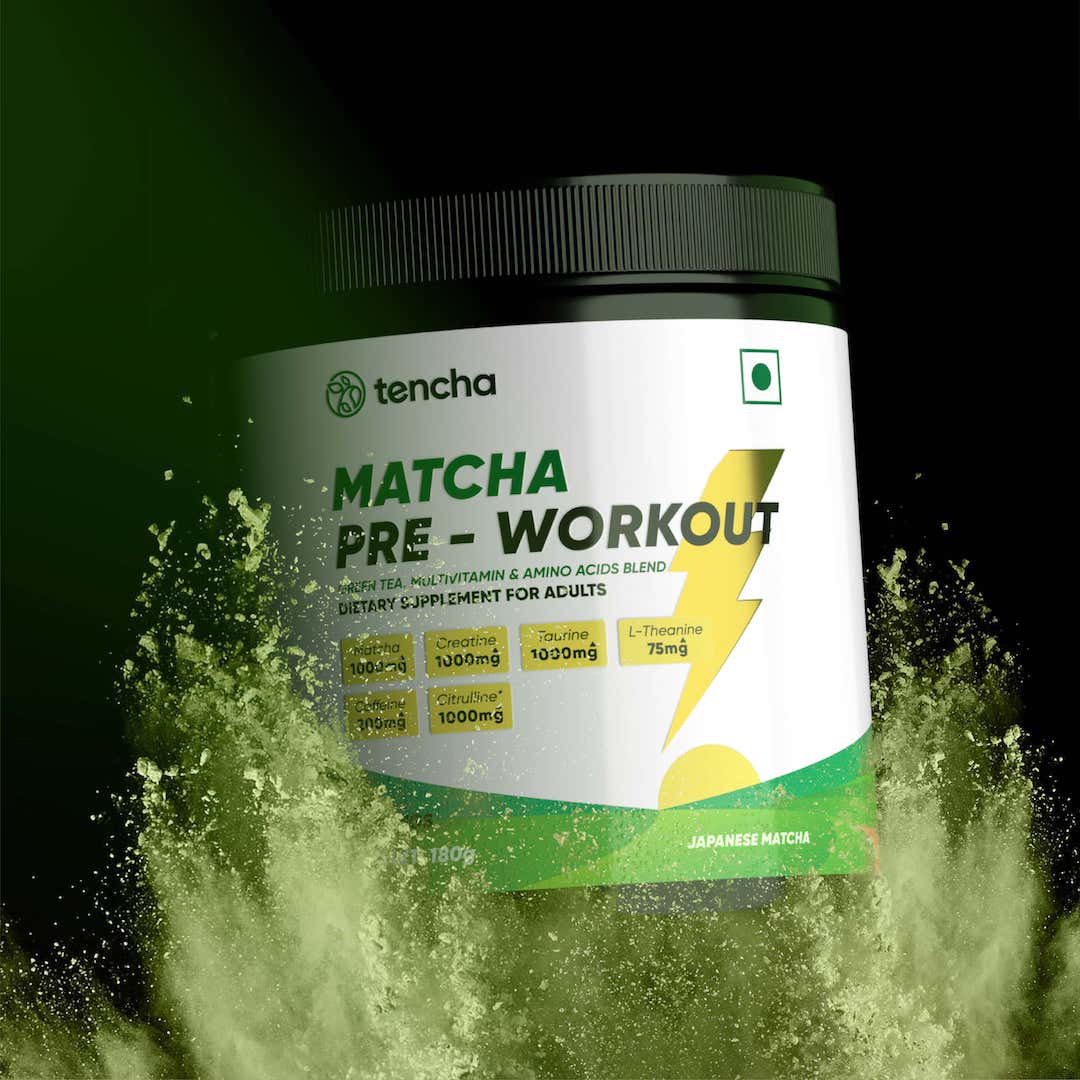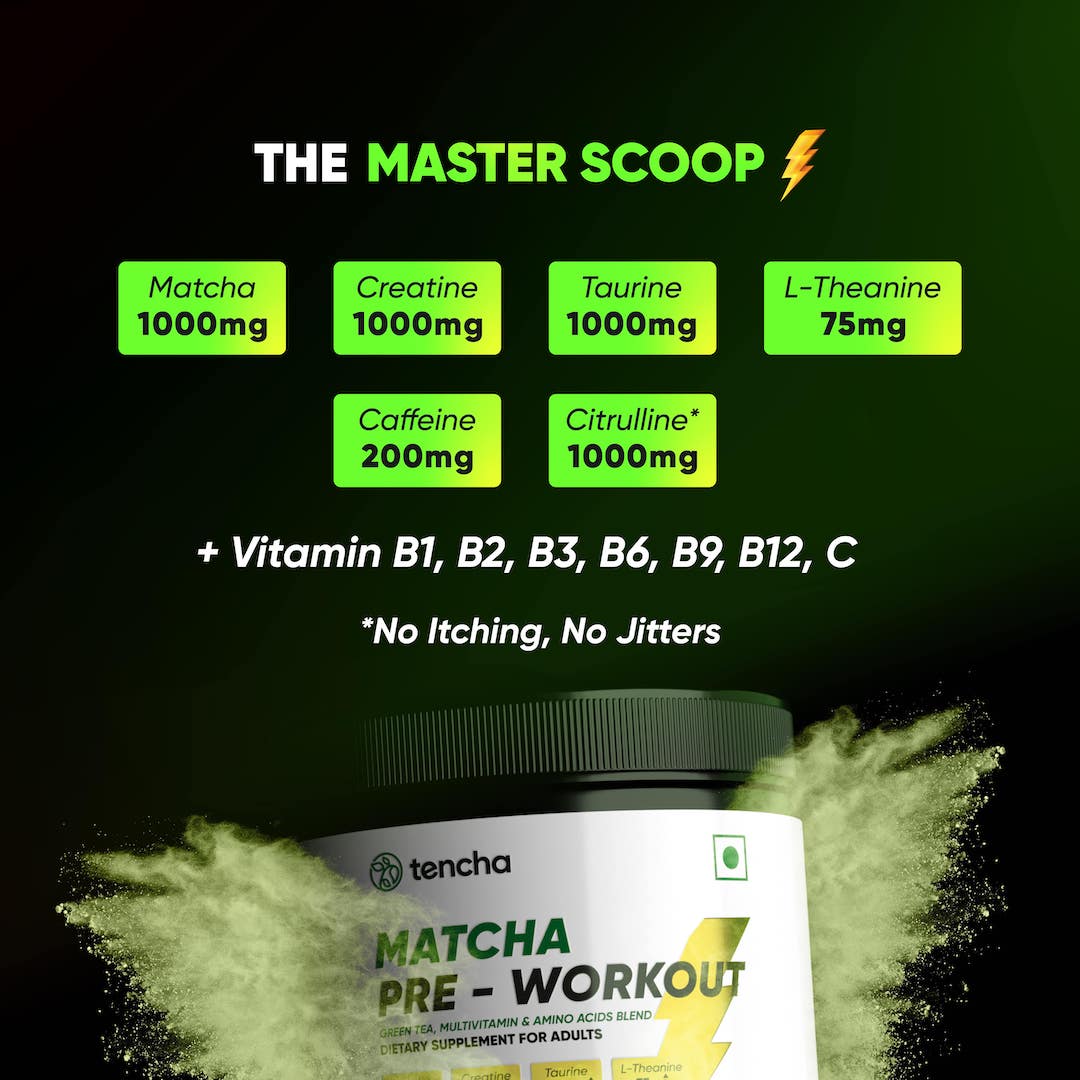Matcha, the finely ground powder made from specially grown and processed green tea leaves, is celebrated for its numerous health benefits and vibrant color. Among the many questions surrounding this superfood, one frequently asked is: Does matcha have caffeine? The answer is yes. However, the nature of caffeine in matcha differs significantly from other sources like coffee and energy drinks. This article explores the caffeine content in matcha, compares it to coffee, and discusses the risks associated with caffeine consumption from energy drinks.
Caffeine Content in Matcha
Matcha does contain caffeine, typically around 25-70 mg per serving (about 1 gram or 1 teaspoon of matcha powder). This amount can vary based on factors such as the quality of the matcha and how it is prepared. In comparison, an average cup of brewed coffee contains approximately 95 mg of caffeine.
How Caffeine in Matcha Differs from Coffee
While both matcha and coffee contain caffeine, their effects on the body are notably different due to their unique compositions.
1. Release and Absorption
- Matcha: The caffeine in matcha is absorbed slowly into the bloodstream due to the presence of L-theanine, an amino acid that promotes relaxation and alertness. This results in a gradual, sustained energy boost without the jitters or sudden crashes often associated with coffee.
- Coffee: Coffee’s caffeine is absorbed quickly, leading to a rapid spike in energy levels. This can sometimes cause jitteriness, anxiety, and an abrupt energy drop once the caffeine wears off.
2. Duration of Effect
- Matcha: The combination of caffeine and L-theanine in matcha provides a steady, prolonged energy release. This balanced effect can last for several hours, making matcha an excellent choice for sustained focus and concentration.
- Coffee: The effects of coffee are more immediate but tend to diminish more quickly, often leading to a mid-day slump and the need for additional cups to maintain energy levels.
3. Health Benefits
- Matcha: Beyond its caffeine content, matcha is rich in antioxidants, vitamins, and minerals. The presence of L-theanine not only moderates the caffeine impact but also contributes to improved cognitive function and reduced stress.
- Coffee: While coffee also contains antioxidants, it lacks the calming properties of L-theanine. Excessive coffee consumption can sometimes lead to negative side effects like increased heart rate, digestive issues, and sleep disturbances.
The Dangers of Caffeine from Energy Drinks
Energy drinks often contain high amounts of caffeine, sometimes upwards of 200-300 mg per serving, combined with sugar and other stimulants. Consuming caffeine from energy drinks poses several risks:
1. High Caffeine Content
The high caffeine content in energy drinks can lead to severe health issues such as heart palpitations, hypertension, anxiety, and insomnia. The rapid intake of large caffeine doses can overwhelm the body, leading to jitteriness and increased stress levels.
2. Added Stimulants and Sugar
Many energy drinks contain additional stimulants like guarana, taurine, and ginseng, which can amplify the effects of caffeine and pose further health risks. The high sugar content in these drinks can also lead to weight gain, diabetes, and other metabolic issues.
3. Addictive Potential
The combination of caffeine, sugar, and other stimulants can make energy drinks highly addictive. Regular consumption can lead to a dependence on these beverages for energy, disrupting natural sleep patterns and overall health.
Matcha does contain caffeine, but it offers a smoother, more sustained energy boost compared to coffee, thanks to the presence of L-theanine. This makes matcha an excellent choice for those seeking a balanced and focused state of alertness. In contrast, the high caffeine content and added stimulants in energy drinks can pose significant health risks, making them a less desirable option for regular consumption. For a healthy, steady source of energy, matcha remains a superior choice.


